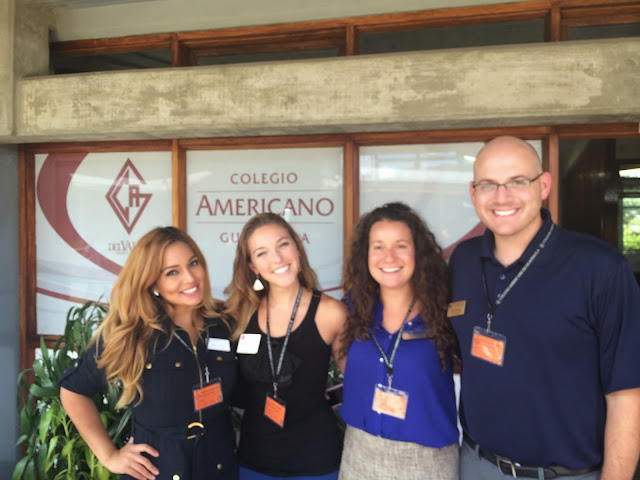A slow reader myself, I have always envied speedreaders. Come to think of it, are speedreaders and speedreading single words, or should they be two each? Note that a single word confers status; the dignity of enshrinement in the dictionary, institutionalizing what is a mere procedure. I am reasonably sure that speedreaders espouse the single word, readable a split second faster, and thus more of their speed.
But envy is a perverted form of admiration; I had to find a way of minimizing, perhaps even demonizing, speedreading. Especially so after I subscribed to a home course offered by a company, which, besides having paid for it, I found of no use whatever.
The chief method, I gathered, was to read down the center of a page, and absorbing, if at all, what’s near the margins by some sort of auxiliary vision. That, I decided, was like a tennis player going only after balls coming down the middle, and leaving shots into the corners to fend for themselves—the surest way of losing.
Yet wasn’t speedreading somehow useful? As I grew older, and my memory did not age gracefully, I had problems with reviewing longer books. By the time I reached their ends, I had difficulties remembering their beginnings. My opportunistic spouse suggested skimming such them. To me, that was like periodically nodding off while watching a play or movie—too great a loss.
Nevertheless, some envy persisted, although I defended my slow reading with an analogy from walking. How could fast walkers trough a landscape or cityscape fully enjoy the natural or architectural beauties? A goodly portion had to be wasted on them. Yes, but even so, speedreaders had the benefit of being able to tackle the great classics, however imperfectly. What, after all, is perfect in this vale of tears of ours? And the famous masterpieces tend to be long. Take Moby-Dick, Take War and Peace, take Proust. Each of those is a different case and needs to be examined separately.
Melville, except in one famous short story, “Bartleby the Scrivener,”strikes me as a poor writer, sentence by sentence, paragraph by paragraph. The two or three times I tried reading his alleged masterpiece, I always gave up alienated after a few pages. It struck me as the sort of thing that might prove helpful to people having to carve up beached whales for commercial purposes. (Too bad that English lacks a single, terse word for this as French has: depecer is more precise, more specific for this activity, and has indeed served the great Jacques Prevert as basis for one of his wonderful poems.)
But what about Tolstoy? Even in translation, he knew how to write. Still, after a couple of attempts at War and Peace, I gave up well before the end of Peace, to say nothing of War. Too many characters, too many names, too many details. By way of contrast, Ivan Ilich managed to die in a fraction of narrative time.
Now how about In Search of Lost Time—or, since I read it in French, A la Recherche du temps perdu? Well, in the first place, I was assistant to Harry Levin in his celebrated Harvard Proust, Mann and Joyce course, and so had to read it. And in the second place, Proust spoke to me the way Tolstoy didn’t. Even his long sentences, let alone his paragraphs, generated an intense curiosity about their outcome—sort of like reading a detective novel (I imagine, because I don’t read any), where you are ineluctably propelled to attain the revelatory ending.
Still, when assigned it by the New York Times Book Review, I managed to read even one of Norman Mailer’s hugely hypertrophic novels—Harlot’s Ghost, 1310 pages—even if I had to read it on trains while traveling through Europe. It occurs to me that the trains must have been helpful: you couldn’t get up and do something else.
Probably, though, the best defense of slow reading (please note: always two words) is that one remembers much more that way. This may indeed hold true for younger people; in my case, and doubtless in that of other older folks, it no longer applies. (By the way, why are younger persons usually people, whereas older ones most often folks?) Rereading a text might be helpful; but who, having slowly and painstakingly read a lengthy text once, would have the disposition, energy, and patience to read it twice?
Here I take the opportunity to express my gratitude to the New York Times, which I have often slighted or censured. Truth is I spend considerable, perhaps even inordinate, time in the morning reading the daily Times, and even more on the Sunday edition. Granted, much of that stuff is of only passing interest, if that. But there is also enough there that is genuinely entertaining, and some indeed that is relevant and useful to know. It certainly enhances your cocktail-party conversation.
On the debit side, however, we also get content that is annoying, notably the drama and, to a somewhat lesser extent, film criticism. Especially irritating is the almost fanatically extensive and enthusiastic coverage of pop music; while dance and classical music, which require technical knowledge, are handled more cogently. Well, there is no rose without thorns (actually there are some roses that don’t have them, but are too expensive for the ordinary man, if not so for his woman). And there is one corollary benefit from the Sunday Times: hefting it easily replaces dumbbells as exercise.
Finally, I feel more and more indebted to G. K. Chesterton, who observed what a fine spectacle Times Square at night would be for anyone who could not read. And that, mind you, was then. Now, with the exponentially increased types and quantity of signage, even a speedreader could waste a couple of hours presuming to read them.
I wonder, though, whether the gaping, milling, and circulation-choking nocturnal throngs can qualifiy as readers of any kind. Judging by their behavior and overheard snippets of—dare one call it conversation?—they are merely mistaking littering for literacy and loitering for serious reconnoitering.







































